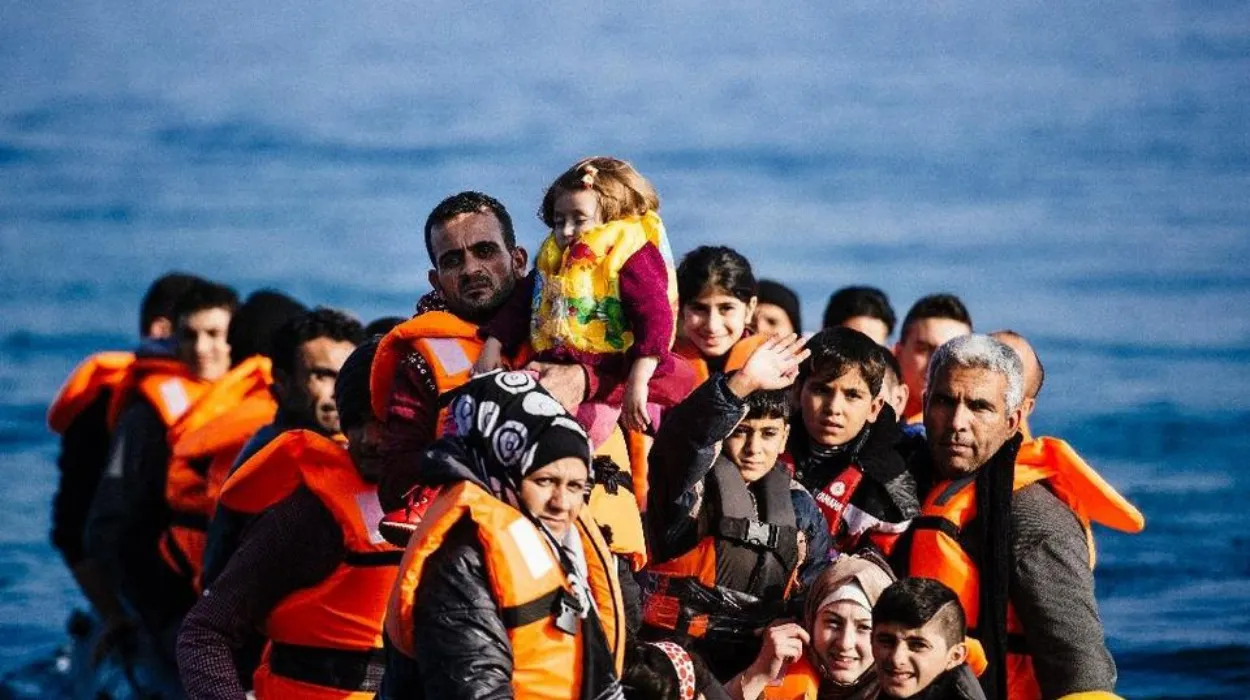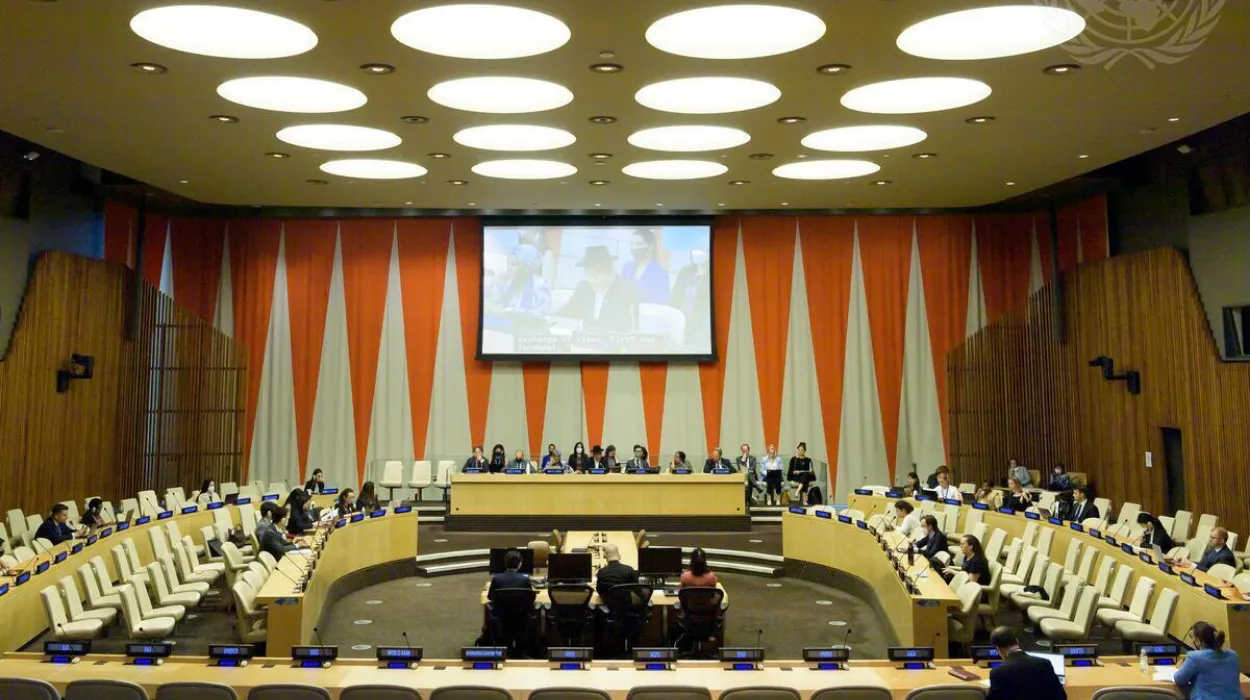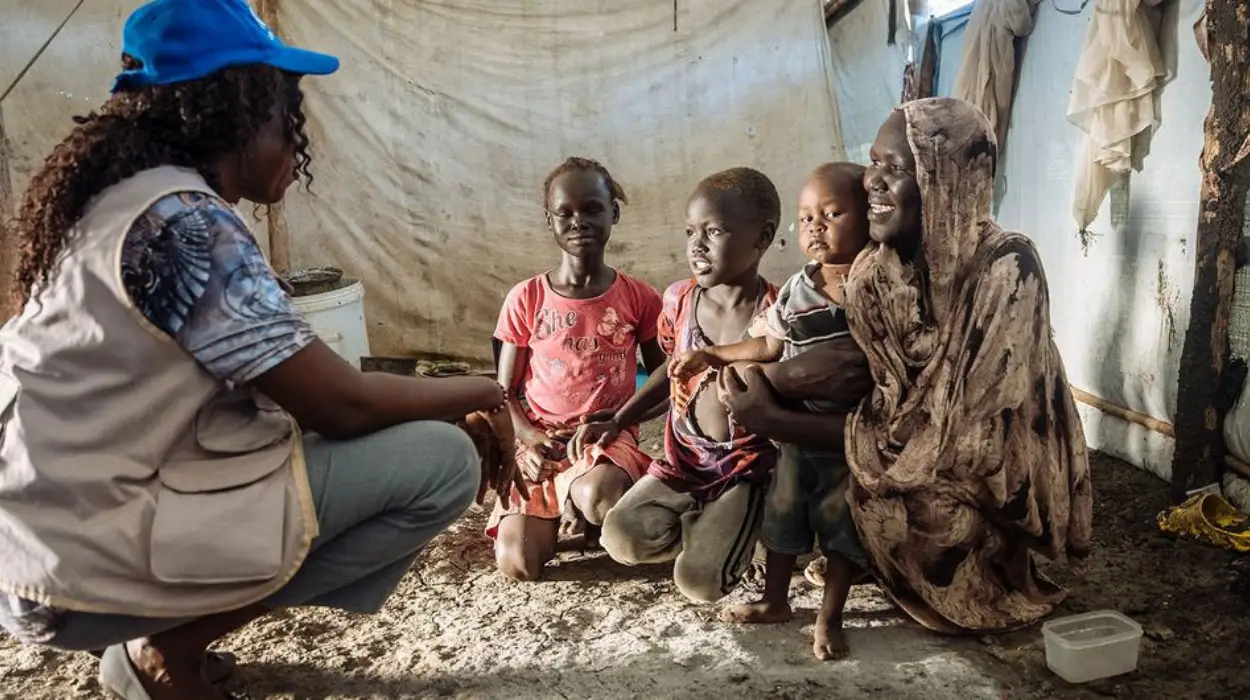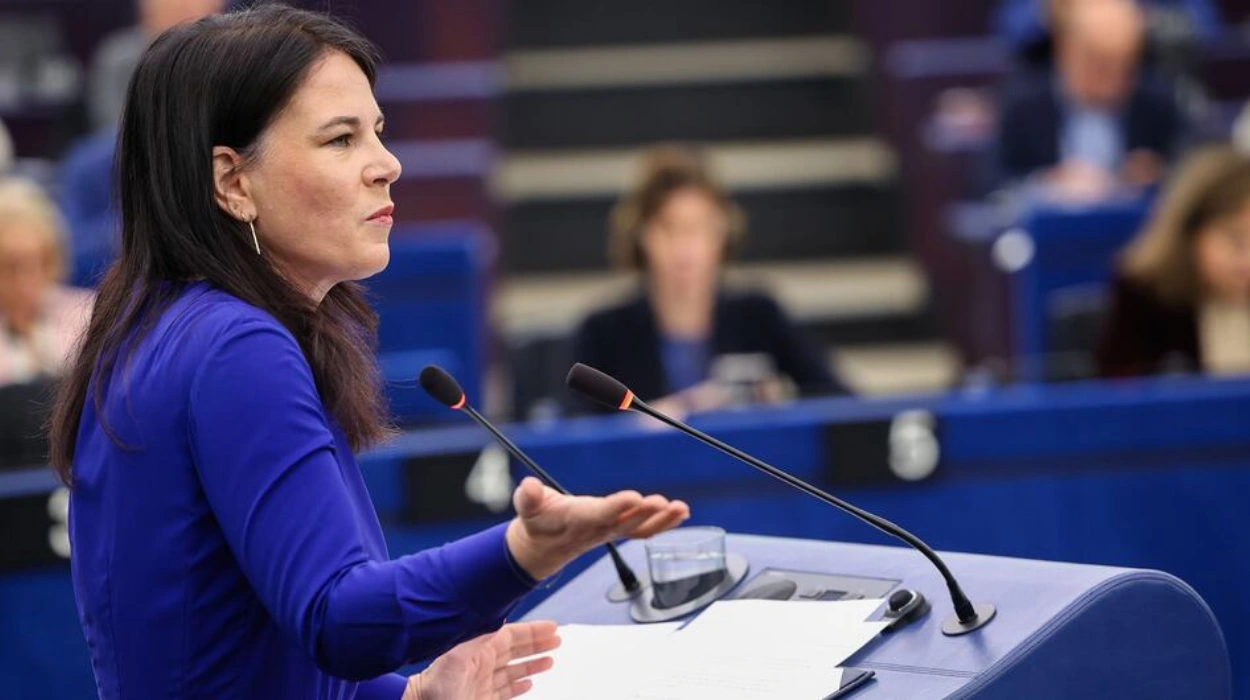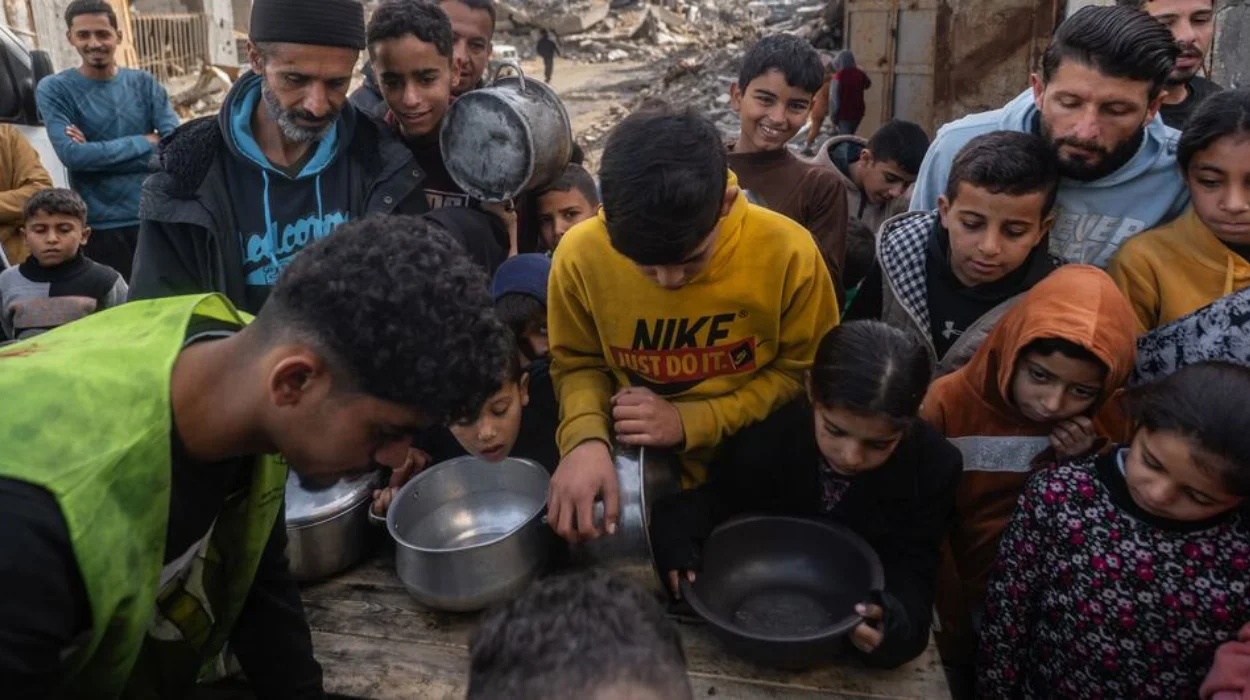Geneva, Switzerland June 28, 2025 IUN Watch (United Nations), one of the world-leading think tanks sharing the ideals of the United Nations and international humanitarian law strongly condemns the continuing human and population disaster in Sudan. This has become the largest crisis in the entire world uprooting more than 15 million people according to figures released in April 2023 with an estimate of 12.4 million still in displacement; 8.1 million within the region and 3.9 million in neighboring nations. This is suffering of the kind that the world has never seen before and it requires urgent international action, especially by the developed nations.
The Scale of Humanitarian Suffering
The displacement crisis in Sudan is even more desperate as in Syria and Ukraine. The number of internally displaced persons in Sudan is currently 11.6 million (as of May 2025), almost 2.5 million more than one year ago (as of May 2024). According to the calculation of the United Nations High Commissioner to Refugees, millions of people have migrated to other countries including South Sudan, Chad, Ethiopia, and Egypt straining the already weak host communities.
The number of humanitarian aid seekers in Sudan has now surpassed 30 million people that make up more than half of Sudan’s population. Of these 16 million are children. There is a catastrophic level of food insecurity with 24.6 million comprising the acute cases. The northern part of Darfur has been reported to be facing famine and there are 17 other parts that are on the brisk. The health sector has been destroyed and three quarters of health facilities in conflict areas are non-functional. Cholera epidemics have escalated in perfecting attacks on facilities and active aid detaining to the extent that over 60,000 cases and over 1,640 deaths had occurred in early 2025.
Atrocities and Impunity
The brutality of the violence meted on civilians is very high in the case of Sudan. The UN Human Rights Office has reported numerous attacks on the camps of the internally displaced persons, schools, markets, rampant sexual violence, torture and ethnically-dimensioned killings. The United States Department of State reached the same conclusion in January 2025 first concluded by the United States in 2013, that the Rapid Support Forces had they themselves participated in activities that may constitute genocide, such as systematic rape as well as denial of humanitarian aid. The Sudanese Armed Forces and the RSF are both accused of war crimes at credible levels.
The UN High Commissioner of Human Rights, Volker Türk, has affirmed that these atrocities are driven by impunity considering that perpetrators have been varied and should be put to justice through investigations. Mona Rishmawi of the UN fact-finding mission issued a warning that humanitarian aid was being choked and the people were starving. The UN fact finding chief Mohamed Chande Othman stressed that violence against civilians is directly aided by arms flows.
Humanitarian Access and Aid Shortfalls
The process of humanitarian assistance is hard because of bureaucracy, frequent shelling of humanitarian vehicles or even direct attacks on the relief workers by armed groups. Although less than 13 million people will receive any aid in 2024, the Humanitarian Response Plan of 2025 only has a 20 percent passage indicating that it grossly falls short of the soaring requirements.
IUN Watch Calls for Immediate Action
IUN Watch calls on those governments, international organizations and humanitarian institutions that are relevant to act decisively. The ceasefire has to be imposed and immediate, and it has to be observed through a credible international body. There should be an immediate access of humanitarian access where all the bureaucratic and security obstacles are taken down. The global society should adequately support the Humanitarian Response Plan of 2025 to make sure that the delivery of food, water, medication, and shelter reaches those in need lacking such necessities.
Accountability processes and sanctioning steps should be imposed against the persons who prolonged the conflict and committed atrocities. War crimes, crimes against humanity and genocide related crimes should be investigated separately, and those who are involved in them should be punished. This trade in weapons in Sudan should be stopped as this is the direct cause of the violence. Host countries in the region are in need of a strong infrastructure to cope up with the pressure of the human influx. Lastly, the international community should make it a priority to place emphasis on an inclusive political approach that should be led by Sudanese in a bid to put in place legitimate governance with a proportionate representation of the civil society, women, youth, and marginalized groups.
The Moral Imperative for Global Response
Sudan’s suffering is a disastrous breakdown of international duty. As BBC World News reported in journalist Hudson Charles’ interview, “No one was paying attention and something should be done.” His comments represent the desperate need for action by the world. Sudan’s unbridled violence, famine, and disease are a dismal reminder of what occurs when nothing is done. Millions of lives are at stake, and the time for firm, concerted global action is at hand.


